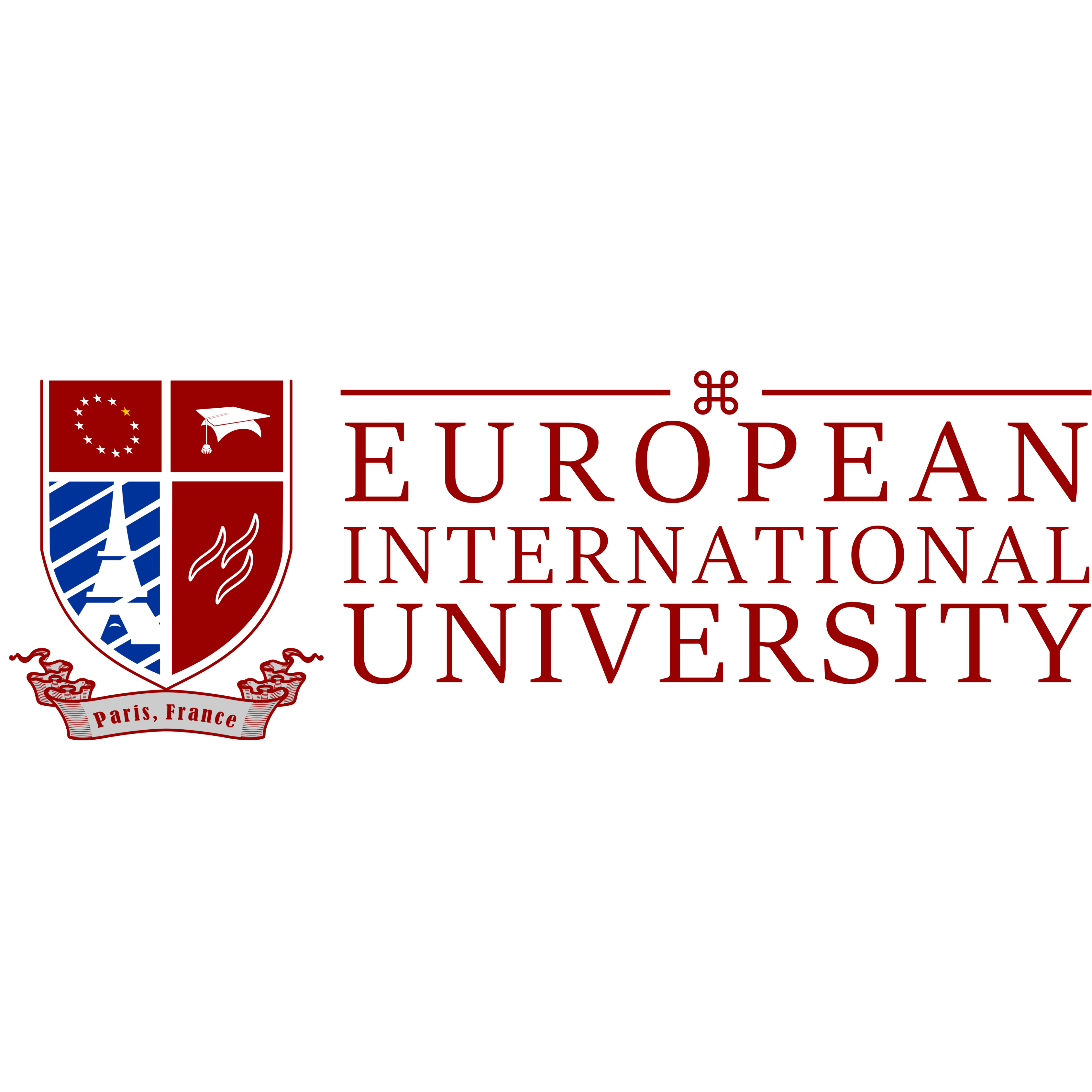
A Doctor in Cyber Security is the highest academic qualification in the field of digital security, designed for individuals who aspire to lead in research, innovation, and strategy related to protecting information systems and digital infrastructure. This advanced program delves into complex areas such as cryptography, network security, malware analysis, digital forensics, ethical hacking, cyber risk management, and cybersecurity policy.
Doctoral candidates engage in cutting-edge research that addresses the rapidly evolving threat landscape of the digital age. They explore ways to detect, prevent, and mitigate cyberattacks, often developing new security frameworks, tools, and methodologies to safeguard critical systems used in government, finance, healthcare, defense, and private enterprises.
This degree prepares graduates for high-level careers in cybersecurity leadership, academic research, cyber intelligence, and policymaking. It also provides the intellectual foundation to influence global cybersecurity standards and strategies, making a profound impact in areas like national security and global cyber governance.
By the end of the program, candidates produce a dissertation that contributes original knowledge to the field, positioning them as thought leaders in cybersecurity innovation. The Doctor in Cyber Security is ideal for those who want to stay ahead in the digital defense frontier, shape cybersecurity education, and lead secure digital transformations across sectors.